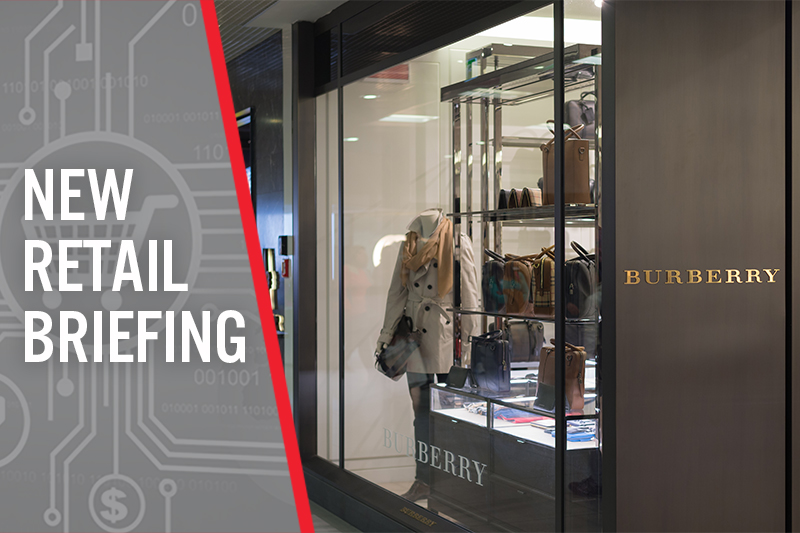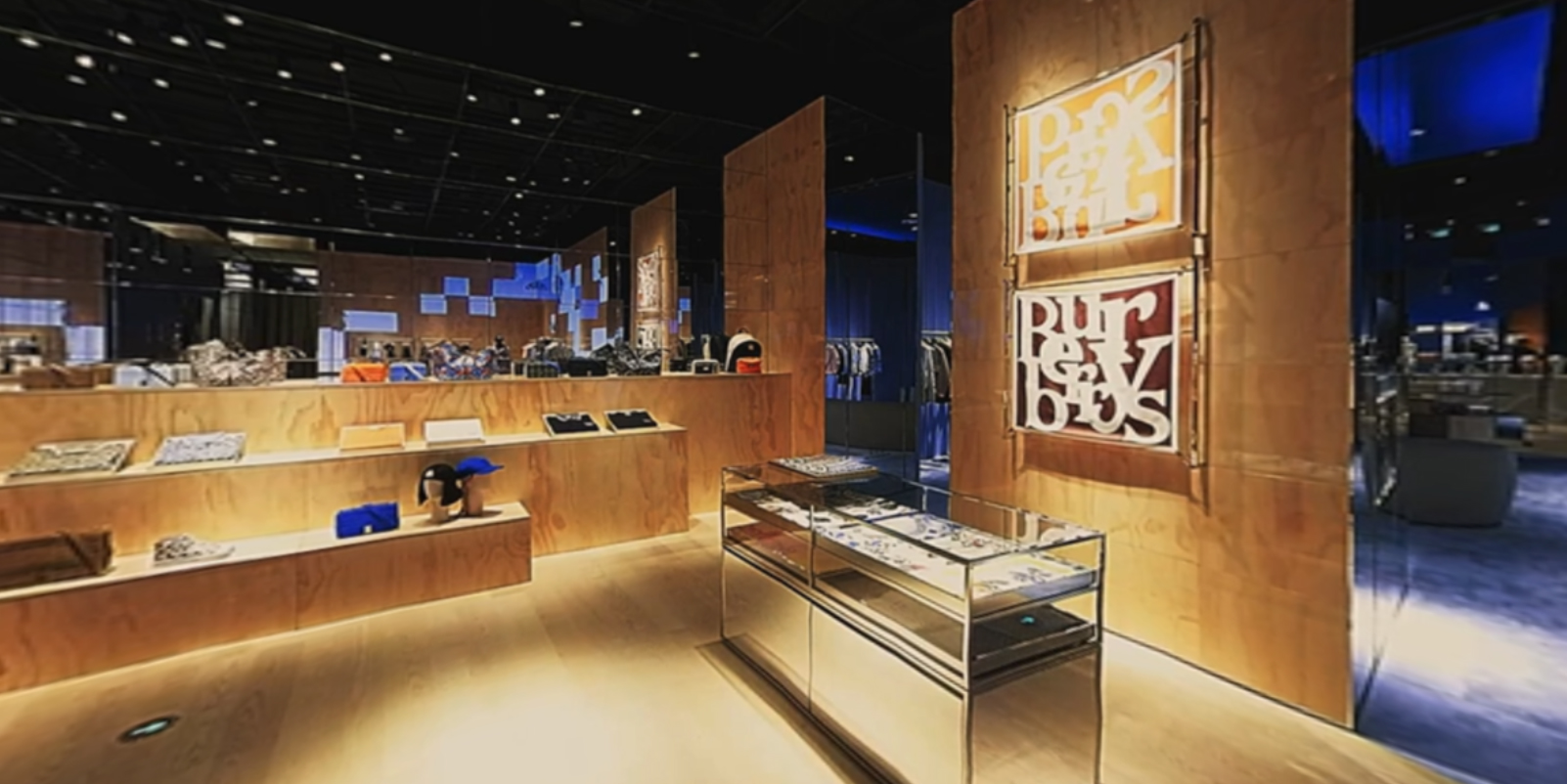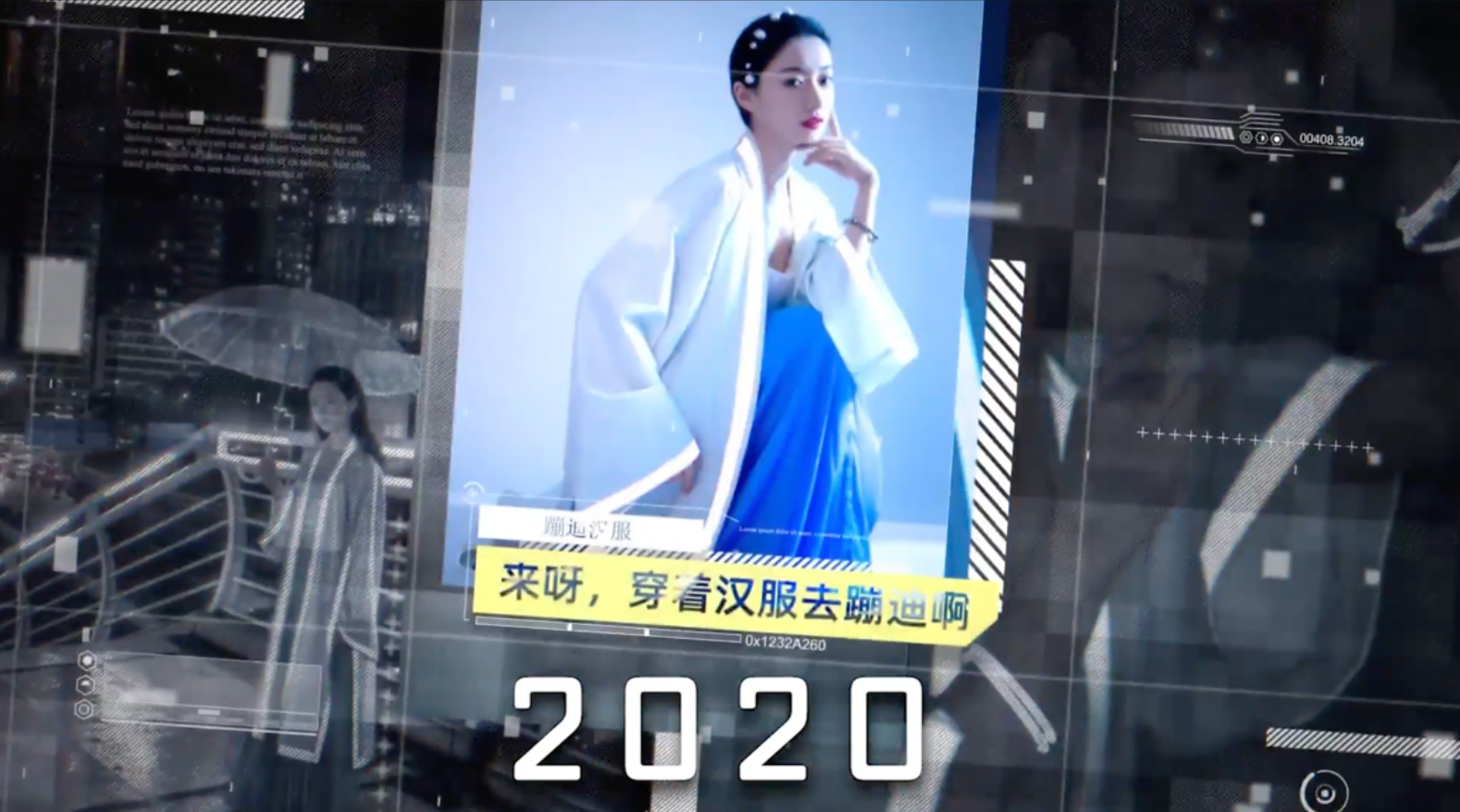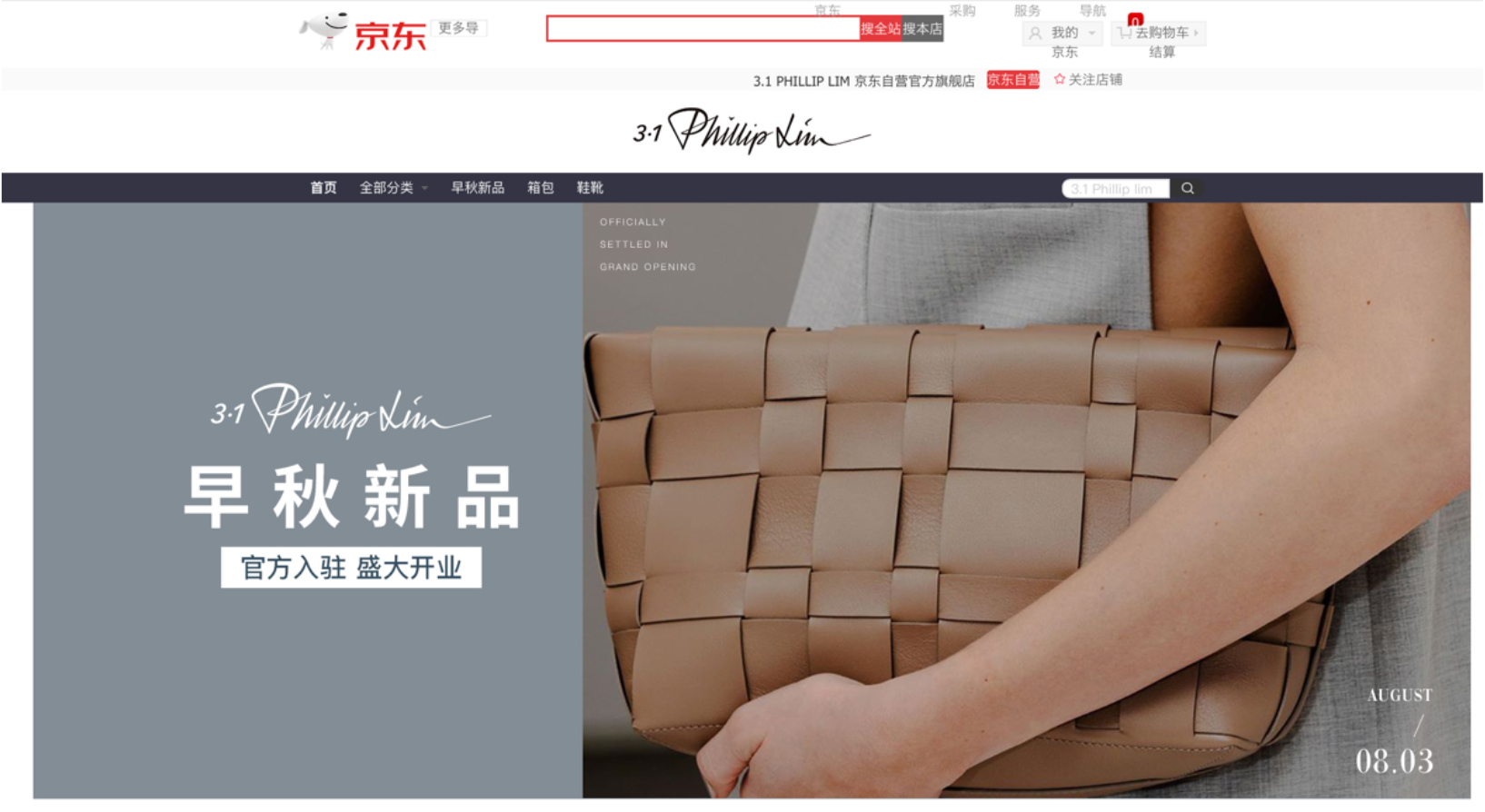
DIpil Das
New Retail Briefings
What’s New in New Retail
Burberry Launches a “Social Retail Store” Burberry teamed up with China’s tech giant Tencent to open its first “social retail store” on July 31 in Shenzhen, China’s technology hub. The store features 5,800 square feet of retail space and an onsite café. The operations rely heavily on Burberry’s own WeChat mini-program, through which customers can book in-store appointments, contact customer-service associates and learn about new products. Customers can scan every item in the store. Each product tag has a QR code that can be scanned using WeChat to access information such as the story behind the product and images of it being modeled. Shoppers can also book an immersive virtual fitting-room experience featuring adjustable lighting and a playlist selected by Burberry. The British brand also rewards consumers for interacting with it, both online and in stores, by offering social currency. Customers can use social currency to access exclusive café menu items, among other perks. Each customer also has a playful digital animal character that grows as they engage with the brand. [caption id="attachment_115114" align="aligncenter" width="700"] Burberry’s social store in Shenzhen
Burberry’s social store in Shenzhen Source: Company website [/caption] Coresight Research insight: Burberry’s launch of its first social store in China represents the retailer’s desire to better meet Chinese consumers’ needs. Chinese shoppers will account for 46% of global luxury sales in 2025, according to Bain & Company estimates (made before the Covid-19 crisis). Sales from China make up approximately 17.5% of Burberry’s total annual revenue as of March 28, 2020. In recent months, mainland China has been Burberry’s strongest performing region, with sales increasing by more than 30% in June—higher than the growth rate before the pandemic. Alibaba’s Fifth Taobao Maker Festival Celebrates Creativity Alibaba kicked off its fifth annual Taobao Maker Festival on July 30 with a combination of online events and a month-long truck tour across China. The festival, which was launched in 2016, celebrates the “maker spirit” of Chinese merchants and designers—and how that spirit resonates among China’s younger generations, including millennials and Gen Z consumers. It showcases products made by creativity-driven merchants and designers, ranging from pet costumes to sneakers and sunglasses. The Taobao app features interactions and content such as short videos and livestreaming for this year’s Taobao Maker Festival. Furthermore, from August 10 to 14, shoppers could experience an immersive 3D simulation of the exhibition through the app—through which they could create a personalized avatar and explore the offerings of over 150 featured merchants across six “kingdoms”—technology, fashion, anime and games, food, cultural heritage, and novel designs and curiosities—according to Alizila.com (Alibaba Group’s news hub). For the festival’s roadshow, a double-decker truck is taking the innovative featured products to four cities—Chengdu, Hangzhou, Wuhan and Xi’an. The roadshow is designed to bring products directly to offline consumers, as well generate interest in the products by livestreaming them throughout August to online viewers across the country. [caption id="attachment_115115" align="aligncenter" width="700"]
 The 2020 Taobao Maker Festival
The 2020 Taobao Maker Festival Source: Alizila.com [/caption] 3.1 Philip Lim Opens a Flagship Store on JD.com On August 3, 2020, American fashion brand 3.1 Phillip Lim opened a flagship store on JD.com. The store currently sells the designer’s new Fall-Winter 2020 collection of bags and shoes. All of the flagship store’s products are authorized by the brand and personally selected by JD.com’s luxury buyers to ensure that each product resonates with Chinese consumers. JD.com will also use its premium JD Luxury Express service to deliver 3.1 Philip Lim products, for which delivery staff dress in suits and white gloves. [caption id="attachment_115116" align="aligncenter" width="700"]
 3.1 Philip Lim’s store on JD.com
3.1 Philip Lim’s store on JD.com Source: Company website [/caption] Coresight Research insight: Many luxury brands turned to digital channels to sell their products during coronavirus-led lockdowns—a trend that has continued post crisis. JD.com reported that more than 40 luxury brands joined its platform between January and mid-June. Prior to the pandemic, PwC and Goldman Sachs estimated that the e-commerce penetration rate in China’s luxury sector would grow from 10% in 2019 to 13% in 2021. With many luxury brands having recently joined JD.com, we expect the luxury market in China to remain promising even post crisis—and we expect to see more luxury brands create or expand their online presence in the coming months. JD.com Invests $100 Million in Li & Fung JD.com signed up for $100 million worth of Hong Kong-based supply-chain manager Li & Fung’s newly issued shares (HK$1.25 each) on July 31. Li & Fung reported that the Fung family will continue to retain 60% of the company’s voting shares. Through the partnership, Li & Fung will tap JD.com’s capabilities in digital technologies and retail infrastructure to further develop its end-to-end digital supply chain. JD.com will benefit from the sourcing giant’s expertise in international trade and private labels. JD.com and Li & Fung will develop private-label products together for the China market. The partnership between JD.com and Li & Fung is particularly important in the current coronavirus-impacted retail environment—supply chains need to be innovatively revamped to meet changing needs. Li & Fung was made private by the Fung family and Singaporean warehousing and logistics firm GLP in May 2020. Appendix: New Retail Developments New Retail developments in China are listed in Figure 1.
Figure 1. New Retail Developments in China: Last 12 Months [wpdatatable id=404 table_view=regular]
Source: Company reports/Coresight Research Investments and Acquisitions in New Retail To expand New Retail abilities, Alibaba, Tencent and JD.com have invested in logistics firms, online marketplaces, content-creation companies and even brick-and-mortar stores. See selected transactions in the following tables.
Figure 2. Alibaba New Retail Investments and Acquisitions: Last 12 Months [wpdatatable id=405 table_view=regular]
Source: Company reports/Coresight Research
Figure 3. Tencent New Retail Investments and Acquisitions: Last 12 Months [wpdatatable id=406 table_view=regular]
Source: Company reports/Coresight Research
Figure 4. JD.com New Retail Investments and Acquisitions: Last 12 Months [wpdatatable id=407 table_view=regular]
Source: Company reports/Coresight Research